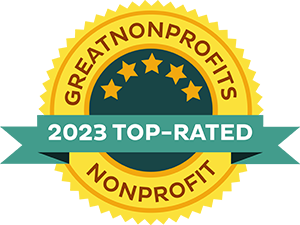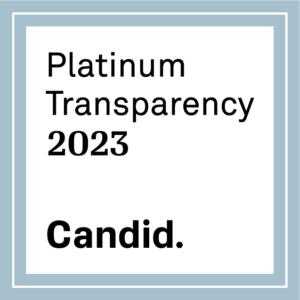By Dr. Kristen Paglia, Executive Director of Education & Programs
I have come to believe that a great teacher is a great artist and that there are as few as there are any other great artists. Teaching might be the greatest of the arts since the medium is the human mind and spirit.
~ John Steinbeck
As P.S. ARTS continues to expand our reach in California public schools, we become increasingly aware of the contribution our programs can make to overall school improvement. Teaching Artists are in the charmed position of engaging students in joyful creation. The arts provide the elusive opportunity for children to reflect on and share their experience and opinions with adults – not just within a parent/child or teacher/student hierarchy, but also as co-explorers and creators. Moreover, playing music, dancing, painting, and the like break up the school day and boost students’ energy. Even kids who love school and learning in the most traditional sense get overloaded by the sheer volume of information and the relentless challenge of assimilating new knowledge and skills. Finally, art exhibitions and performances draw parents and families to classrooms and may even lead to increased involvement in their children’s education.
This is powerful stuff, and we do not take the responsibility or privilege to improve children’s lives through arts education lightly at P.S. ARTS. At the beginning of every school year, the Programs Staff meets and poses the same question: What else can we do to improve the quality of P.S. ARTS programs? It seems straightforward, but when it comes to education, quality is moving target influenced by research trends, developing technology, and an increasingly sophisticated and diverse student population. “Student success in school and life” rests at the core of the P.S. ARTS’ education model, but success looks different over time and we have to respond to that. At our three-day faculty training intensive in August, P.S. ARTS Programs Staff challenged faculty to define excellence in their practice.
The training was framed by Harvard Project Zero research on quality arts education programs, which explores the “qualities of quality,” and concludes that the best programs “go beyond best practices to include consideration of the goals of arts education, such as aesthetic awareness and personal growth.”[1] P.S. ARTS programs address these outcomes, as well as the impact of a positive and creative school climate on students’ academic performance and wellbeing.
Each day of the three-day training focused on one element of a holistic, high-quality program: Curriculum, Pedagogy, and Community/Environment. Teaching Artists spent time reviewing research and best practices in each of these domains, and shared their own practical applications, tips, concerns, challenges, and solutions that worked! Co-founder of Inside Out Community Arts (IOCA) and Master Artist Leader, Camille Ameen, and P.S. ARTS Associate Program Director of IOCA, Lui Sanchez, along with other IOCA veteran Artist Leaders led our newly merged faculty in the practice of Council, a facilitated story-telling approach that promotes community spirit. Alongside the theoretical and pragmatic conversations, P.S. ARTS Teaching Artists engaged in art-making, flexing their own creative muscles to make exemplar classroom displays that communicated our 2014-2015 programs theme, “Building Bridges – Breaking Barriers.”
It was three days of walking our talk and employing a range of arts and project-based strategies to fully immerse ourselves in learning so that we can begin the school year re-energized and fully prepared to teach!
[1] See Harvard Project Zero report, Qualities of Quality: Understanding excellence in arts education:



